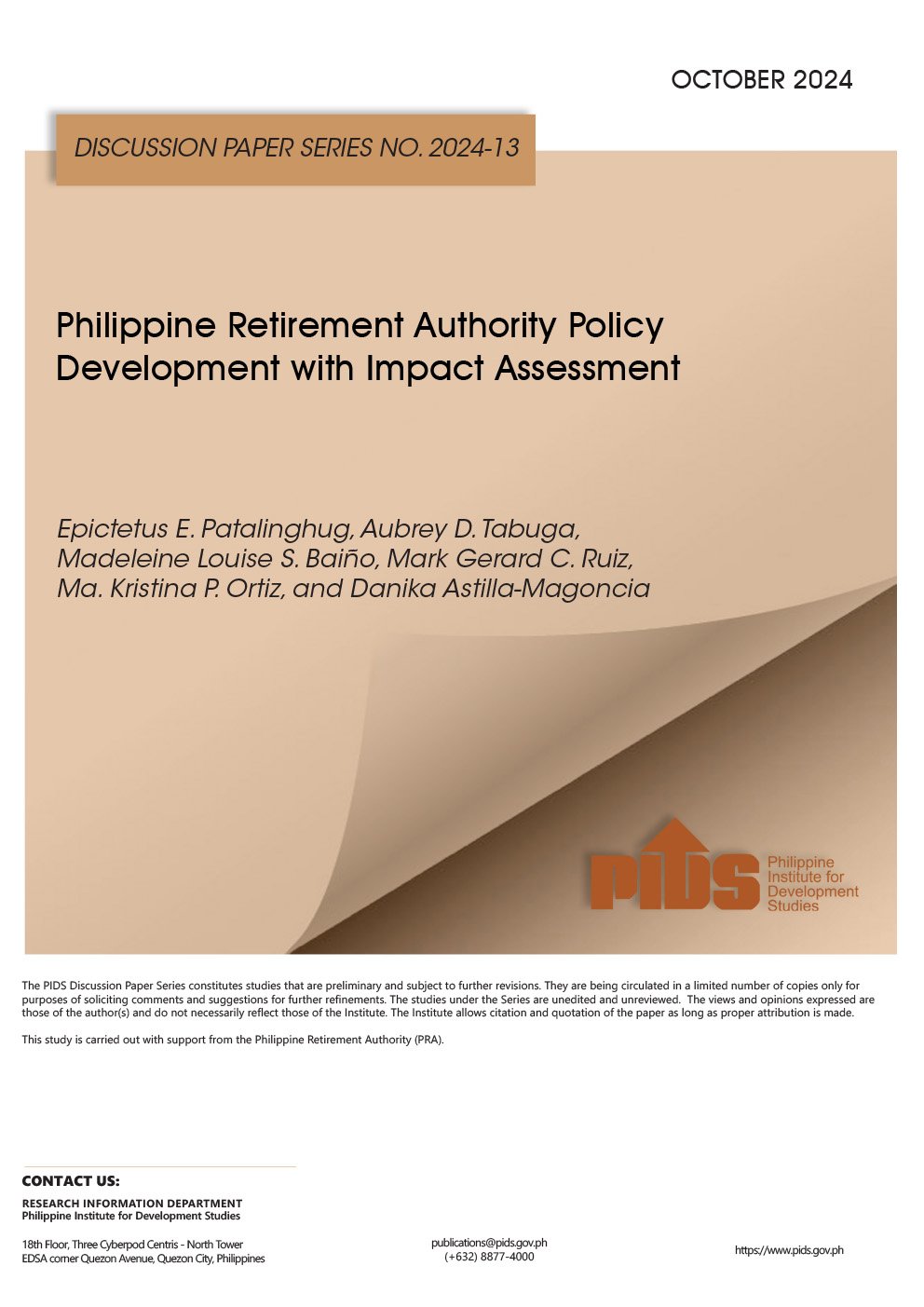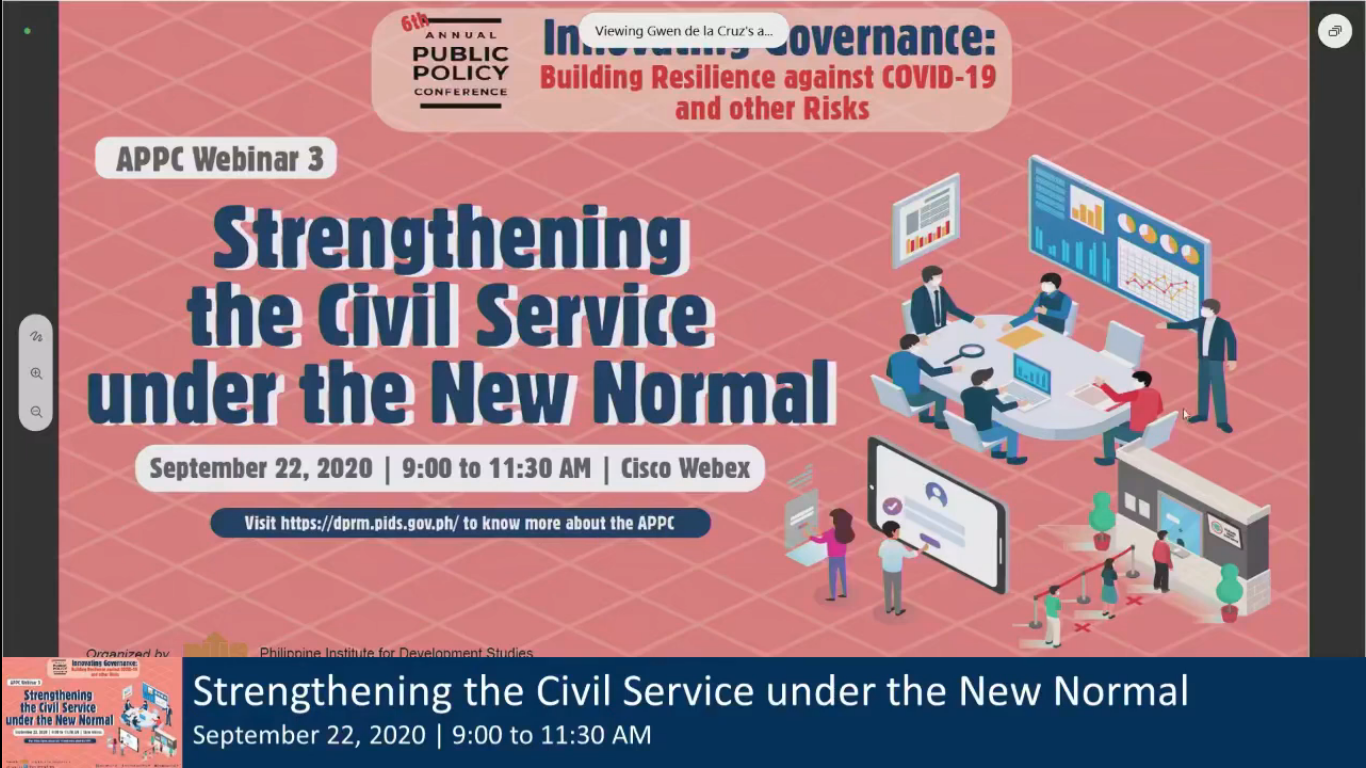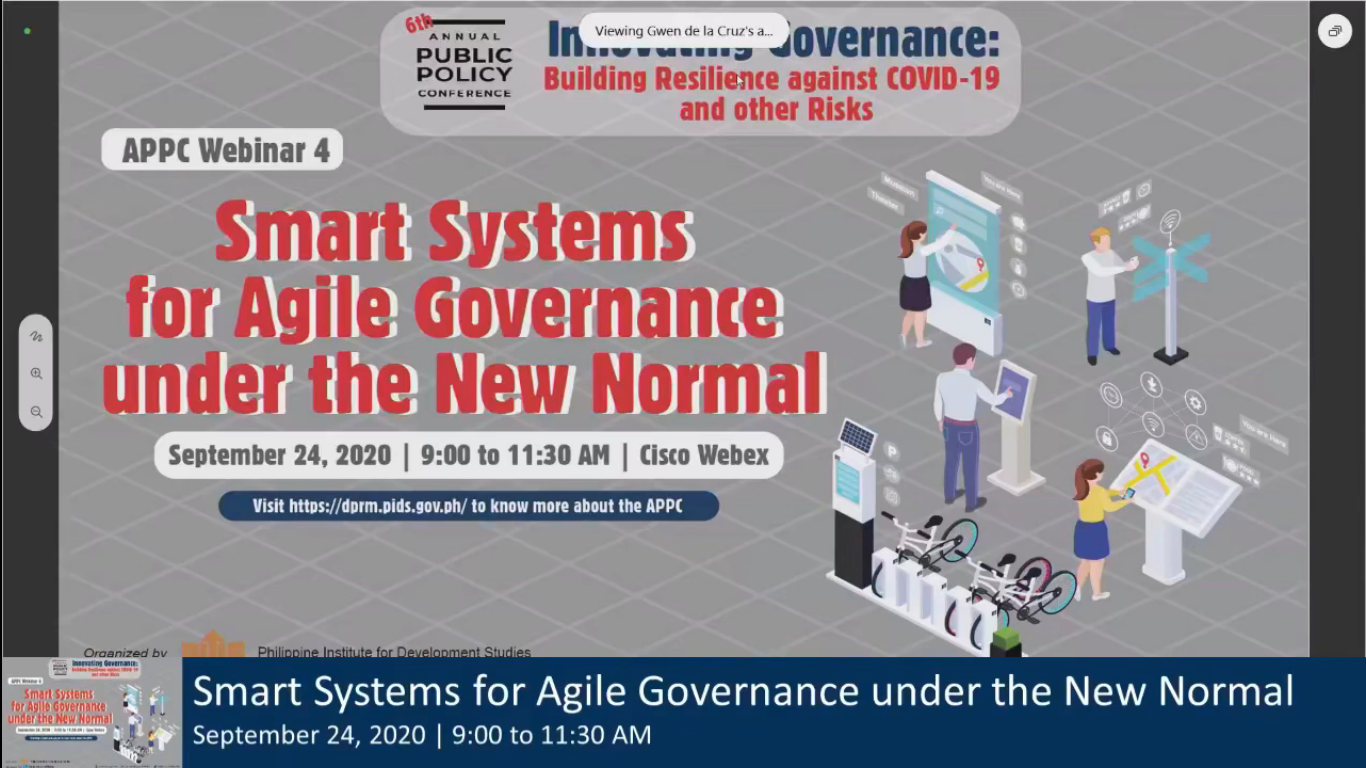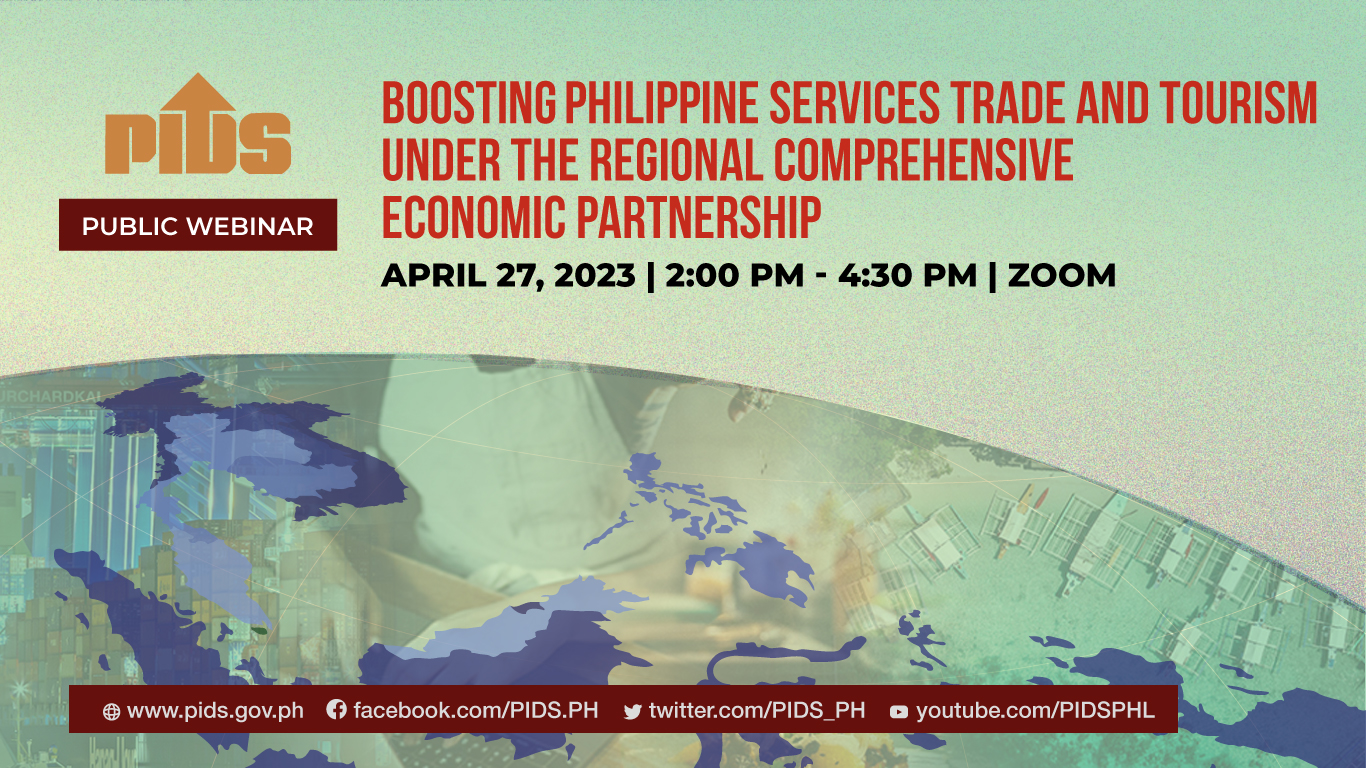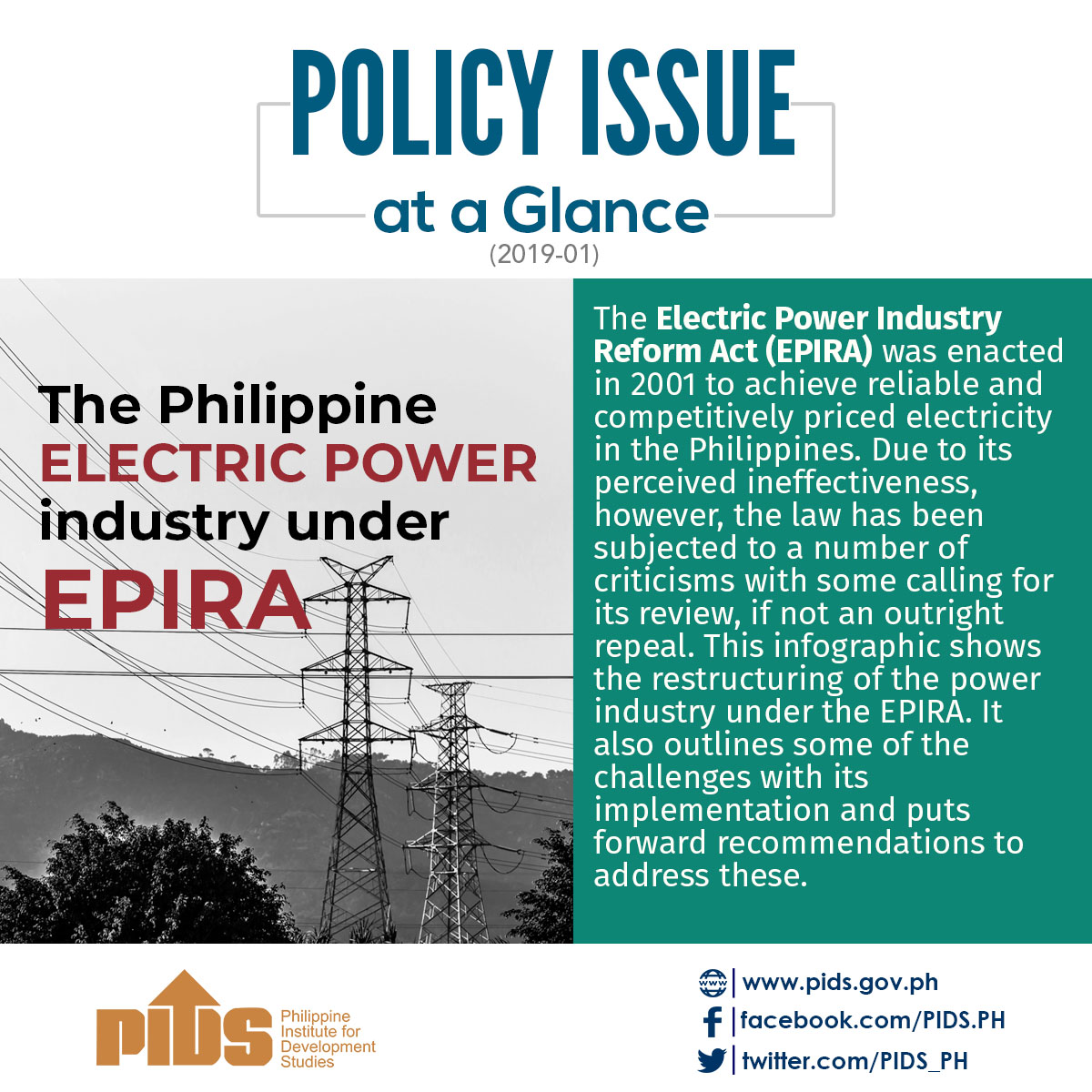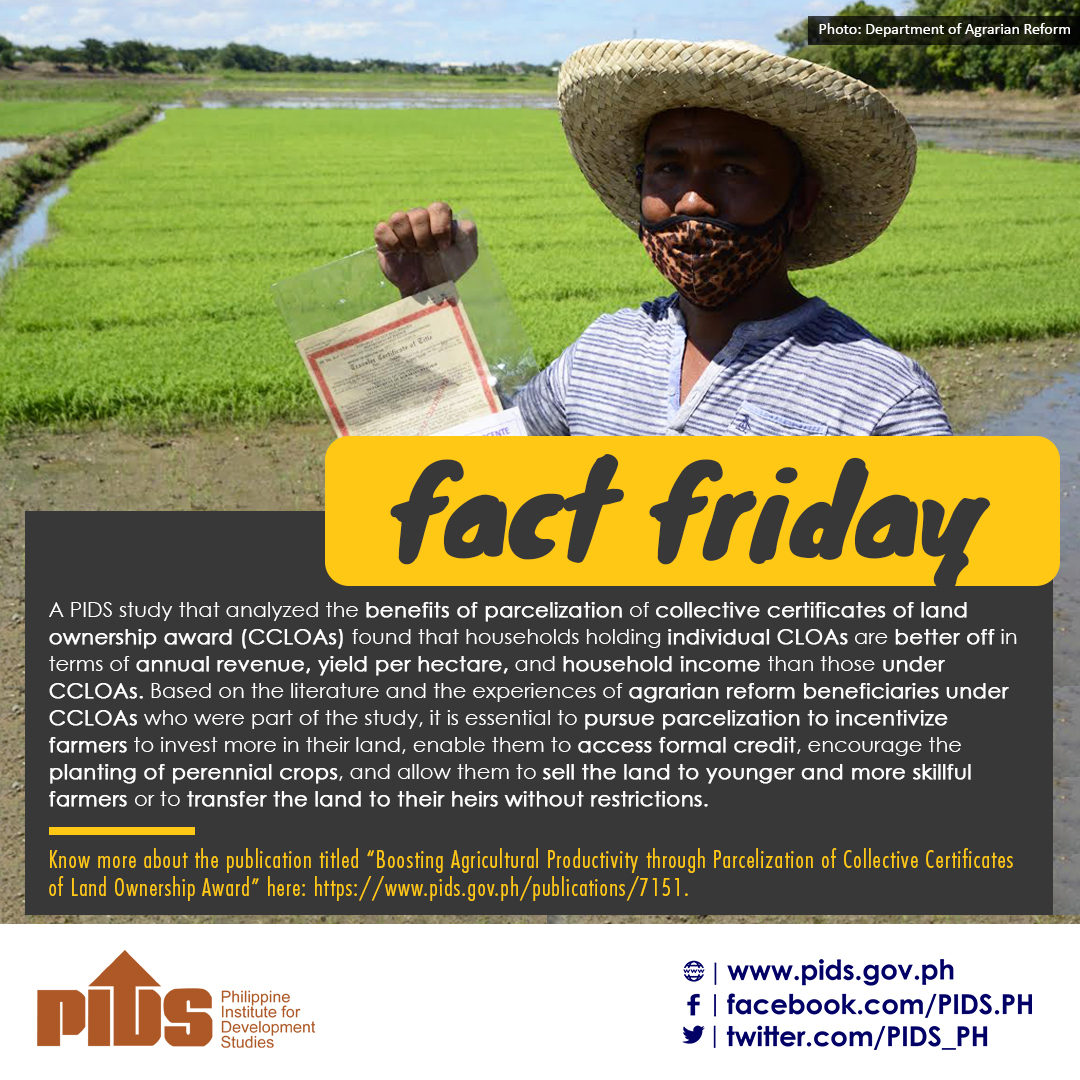With his first year in office completed, Philippine President Rodrigo Duterte doesn’t know the difference between policy and bragging to drinking partners. He has simply not grown up. He remains a hambugerong bugoy, a teenage braggart. Thus the constant boasting about his sexual prowess, the dirty talk, the tilting against convention. He has an exaggerated sense of what he is capable of, thus the resulting frustration, the push for ever more personal control, the clear thrust towards authoritarian power. As he moves into his second year, it is likely that, hampered by a lack of confidence in various levels of his government, he will face growing problems.The President’s popularity remains phenomenally high on the surface, but his approval and trust ratings in Pulse Asia surveys have declined from 86 percent to 78 and 76 percent respectively and actually are not that much higher than his predecessors at this point. Ferdinand Marcos, who started his own “war on drugs,” enjoyed extremely high ratings, before corruption and inefficiency caught up with him. A big problem is that the president doesn’t seem to understand how the national government works. He retains the mentality of a mayor of a medium-sized provincial city, where he had control over the more personalized politics of Davao City. There are many reliable reports of the “Davao Death Squad,” a highly personalized, macho solution of the city’s peace and order problems. He unified the cultures of local politics and bugoy (hoodlum) in midnight forays in Davao streets on a large motorcycle.Chaos among appointmentsMoving from Davao to Malacanang could have been facilitated by appointing people to his cabinet with national experience and capabilities. His cabinet is made up of San Beda classmates, Mindanao business associates, Maoists, other non-Maoist Leftists, remnants from the Estrada and Gloria Macapagal Arroyo administrations. Cabinet and non-cabinet political supporters range on the right from Arroyo and the Marcos family to the Communist Party of the Philippines and the Evasco farmer activist group on the Left.Problems, generated by what some call the “Four Horsemen of the Apocalypse” – the Secretary of the DOJ, the Solicitor General, the Speaker of the House of Representatives, and the Presidential Legal Counsel, regularly grab the headlines.Lawyers all, they repeatedly announce positions on issues that at best stretch the limits of legality, in some cases, violate the law outright. The best example, their ganging up on Senator Leila De Lima, who was jailed on charges that many complaints are trumped up to get rid of his most persistent critic. Instead of moderating the legally outlandish positions of their boss, they confirm the impression that the Duterte administration thinks it is above the law.Debilitating infightingThere are many cases of debilitating infighting: Speaker Alvarez against National Police Chief De la Rosa, Department of Finance Secretary Dominguez moving openly against then Department of Environment and Natural Resources Secretary Gina Lopez, who was cashiered; Department of Agriculture Secretary Pinol against Cabinet Secretary Jun Evasco, Department of Social Welfare and Development Secretary Taguiwalo openly opposing Dominguez’ tax reform.Speaker Alvarez has been a one-man political wrecking ball, fighting against Davao Congressman Antonio “Tonyboy” Floriendo, the biggest contributor to Duterte’s campaign. He removed former president Macapagal-Arroyo as Deputy Speaker for voting against the death penalty. More recently he has fought against the Marcoses, all three key supporters of Duterte.Two recent controversies illustrate the uneasy relationship between Duterte’s lieutenants and the law. Speaker Alvarez’ fight with the Marcoses started when Alvarez had six employees of Ilocos Norte Governor Imee Marcos incarcerated in the House when they refused to testify to corruption in the governor’s office.When the Court of Appeals ordered their release, Alvarez refused, instead threatening to abolish the Court of Appeals. Since Supreme Court Chief Justice Sereno has come out in support of the Court of Appeals, Speaker Alvarez now says he will have her impeached.Another Duterte Lieutenant, DOJ Secretary Aguirre, recently got into trouble with the Senate when he downgraded the charges against policemen accused of premeditated murder to homicide, allowing them to be released on bail. The Senate investigation had called for murder charges when the accused police entered the Leyte provincial jail and killed two people including a town major accused of drug dealing. The NBI (National Bureau of Investigation), an attached agency to the DOJ, had come to the same conclusion.Problems lower downThere have been more problems at the sub-cabinet level, from two Deputy Immigration Commissioners caught on camera with millions in bribe money, to resignations at the Department of Transportation, to problems between the DOH and PhilHealth, to San Beda law fraternity Lex Talionis monopolizing undersecretary positions at the Department of Justice. At the Subic Bay Metropolitan Authority, the chairman of the board and the manager are at each other’s throats. Complicating things are appointments at the behest of Bongbong Marcos and Gloria Macapagal Arroyo.There are many factions in the Duterte administration, but the one that has got the most media attention are people linked to the Mayor Rodrigo Roa Duterte-National Executive Coordinating Council Committee (MRRD-NECC) that campaigned for the President in the May 2016 elections.The members of the group maneuvered successfully to get the Department of the Interior and Local Government Secretary Mike Sueno removed on charges of corruption. Three MRRD NECC members, all undersecretaries, accused Sueno of pushing a contract for Austrian-made fire trucks. Sueno hit back, saying they wanted him out to make way for MRRD NECC chair Technical Education and Skills Development Authority (TESDA) director general Guiling Mamondiong as his replacement.A month after Sueno was removed, the firetruck deal was approved. Mamondiong did not get appointed.Fighting Over RiceThe problems at the National Food Authority (NFA) and the crucial policy on rice illustrate the confusion generated by sub-cabinet level infighting and Duterte’s “shoot from the hip” style of policy making. The problem started in early April with the refusal of NFA manager Jason Aquino to implement a decision by the council led by Cabinet secretary Evasco to extend the delivery deadline of rice contracted out to private traders.Instead, Aquino is reported to have made arrangements to import rice from Thailand in a government-to-government contract. Thai media sources said Aquino had committed to import as much as 1.3 million tons of rice. NFA council members oppose government-to-government importation because the rice, delivery and other charges are costlier, threatening to increase the gargantuan NFA debt. G2G importations have, in the past, been a major source of corruption.Aquino, together with Department of Agriculture Secretary Pinol, persuaded Duterte to support their position. Aquino was reportedly backed by Special Assistant to the President Bong Go. Without understanding the ramifications of his decision, Duterte took a gut populist position, saying rice should not be imported at the expense of rice farmers. Heaping insult on injury, he fired Undersecretary Halmen Valdez, Evasco’s point person at NFA, hinting at corruption issues. Because Evasco supervises more than a dozen agencies, he needs undersecretaries like Valdez to do the job.A similar problem confronted Valdez at the Philippine Coconut Authority when the board suspended the manager over corruption issues. In the two agencies, Valdez ran up against members of one of the key players in factional conflict within the Duterte administration, the National Executive Coordinating Council. They not only refused to accept the suspensions, they called up support from group members in power positions in other agencies. They attacked the office of Evasco, filing cases against key officers, and most importantly getting Valdez fired.Valdez fought back, going to the media explaining the real issues behind her firing. When Evasco publicly supported her, it became clear that Duterte’s decision was going to be challenged. Evasco had powerful allies.Apart from Evasco, the NFA council is composed of the Bangko Sentral ng Pilipinas, Development Bank of the Philippines, Land Bank of the Philippines, Department of Finance, Department of Trade and Industry and the National Economic and Development Authority. Some of them publicly took Valdez’ side. Prominent economists at the AER (Action for Economic Reforms) and Philippine Institute for Development Studies (PIDS) also weighed in with supportive analysis.Somebody probably finally put it in Duterte’s head that the political cost of his position was too high. “The struggle that led to the President insisting on the NFA buying local rice risks the country’s rice stocks falling further (especially if domestic farm outputs fall short of expectations) and thus, domestic rice prices spiking,” according to Romy Bernardo, writing in Business World in May. “Rice accounts for close to 9 percent of the CPI basket and given the projected inflation path, double-digit increases during the lean months would push the headline inflation rate well over the upper end of the BSP’s inflation target band.” In 2013-14, poverty incidence spiked, driven by steep increases in rice prices.”In the end, what probably tilted the balance was when Evasco reportedly offered to resign. Duterte could handle losing his secretary of the DILG, the DENR and the Department of Foreign Affairs but Evasco, who was Duterte’s chief of staff as mayor in Davao, later campaign manager, would have been an unsustainable loss. In mid-May, Evasco announced that the NFA Council had approved the importation of rice via government to private scheme (G2P). He said the decision represented a policy shift from government to government (G2G) rice importation, which he described as “prone to corruption.”Aquino and Pinol had to publicly swallow their defeat. Pinol, however, got a quid pro quo: it was announced that the government would keep the monopoly on rice importation for another two years and start working on legislation to free up importation with tariffs. The WTO is reported to be amenable to this since by filing legislation the government is showing good faith effort to end NFA controlled importation. The consequences are already evident. Second quarter reports on lower rice production pushed NFA to make quick imports. The NFA stopped rice distribution in Bicol because of low rice stocks.Undersecretary Valdez, meanwhile, remained sacked and tainted with corruption.Joel Rocamora is the former co-director of the Transnational Institute. He has worked for several decades on issues of democracy, governance, and social movements within the Philippines and was Secretary/Lead Convenor of the National Anti-Poverty Commission in the cabinet of former President Benigno S. Aquino III.


